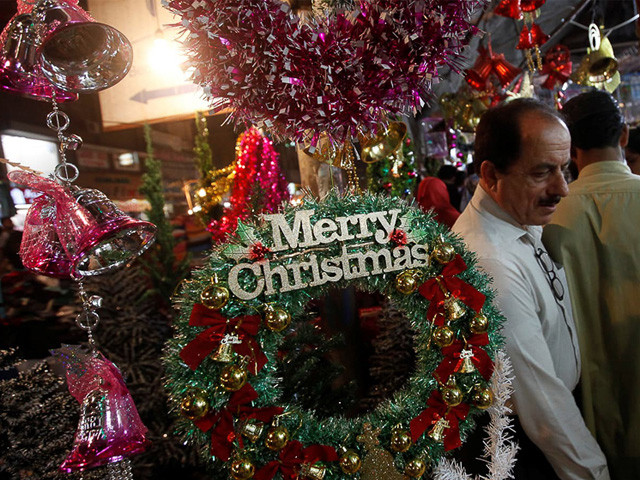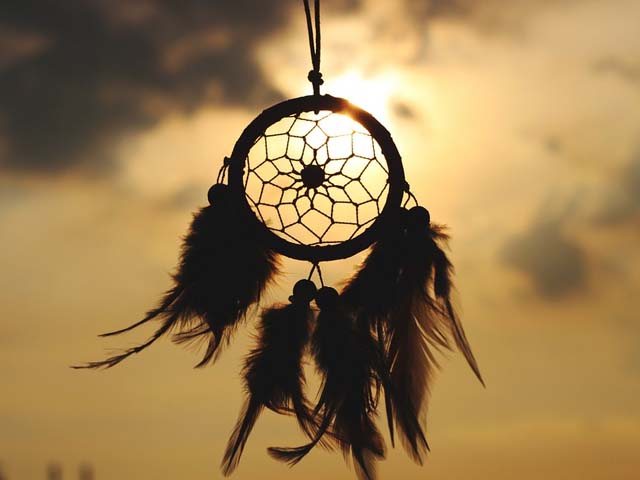
Where has our religious freedom gone, Pakistan?
While military dictators have come and gone, religious dictatorship shows no sign of subsiding.
The intrusion of reactionary Islam into the Pakistani way of life is not a recent trend, at least for large sections of the country’s current youth. While not officially a theocracy like Iran, Pakistan is still an Islamic Republic and despite having a Federal Sharia Court, legal rulings are the responsibility of scholars who do not necessarily need to be clerics.
In an environment such as that of modern day Pakistan, suffocating religious sentiments are quite common. When these religious sentiments are given the support of a legal framework, things take an even more suffocating turn. This is what has happened with a list presented to a national assembly committee by a government official pertaining to items deemed haram.
While getting into details of the 19 products on that list and whether they are haram or not is a matter best left to others, the more pressing issue is the extent to which religious imposition has slithered, intentionally or unintentionally, into the private and public lives of every Pakistani. And the fact that this is aided by the government only adds fuel to an already angry fire.
With this in mind, it won’t be entirely incorrect to say that Pakistan is under a religious dictatorship. The irony of this is the fact that for a significant chunk of our history, we have been under the hawkish eye of military dictators. While these military dictators have come and gone, religious dictatorship shows no sign of subsiding. It only shows signs of getting stronger, and that too in the most scary of manners. Every time military dictators stepped into office, there were huge sections of the society that resisted. There were large sections of society that protested in one way or another. Newspapers and TV channels were censored. Individual freedom was curbed. The air was polluted with a sense of being caged. In an almost identical fashion, religious dictatorship has managed to do the same – over a longer, more consistent, period of time. The only difference is that we have somehow managed to ignore, and in some cases, even accepted it.
It seems futile repeating this over and over again, but Jinnah’s push for a separate homeland was not based on the idea of a country where Muslims get preferential treatment. It was based on the idea of everyone, regardless of class, religion or creed, having the same right to life as everyone else. It was based on the idea of everyone, regardless of class, religion or creed, having the same civil and economic freedoms as everyone else. It was meant to be an outlet for all those minorities that suffered through Hindu majority India. The Pakistan of today is a far cry from the Pakistan Jinnah imagined. It is a land caught in the gruesome mix of religious imposition and economic exploitation. The current state of affairs offers ample proof behind why this country has gone to the dogs and not just your average every day dogs, but wild ones hungry for flesh, those foaming at the mouth.
While religion has been distorted and used as a tool to slaughter minorities for a while, it has now reached levels where even trivial matters like food and drink are governed by religion. For a country that hosts people from all religious backgrounds, a country whose founder specifically stressed upon religious freedom, is this step justified? Why are we trying so desperately to follow in the footsteps of Saudi Arabia when other, more progressive, nations like Malaysia still exist on the map? Would it not be smarter to inform people about those products that does not contain ‘halal’ products and let them make their decision themselves? For how long can a state use religion to have a stranglehold on their citizens?
Let the people breathe. Let the people live. Religion is a personal matter that has nothing to do with the state or the powers that be. My religion is mine and yours is yours. It has nothing to do with the politics of a country. Pakistan was supposed to be a safe haven for all religions – where has our religious freedom gone?




COMMENTS (167)
Comments are moderated and generally will be posted if they are on-topic and not abusive.
For more information, please see our Comments FAQ